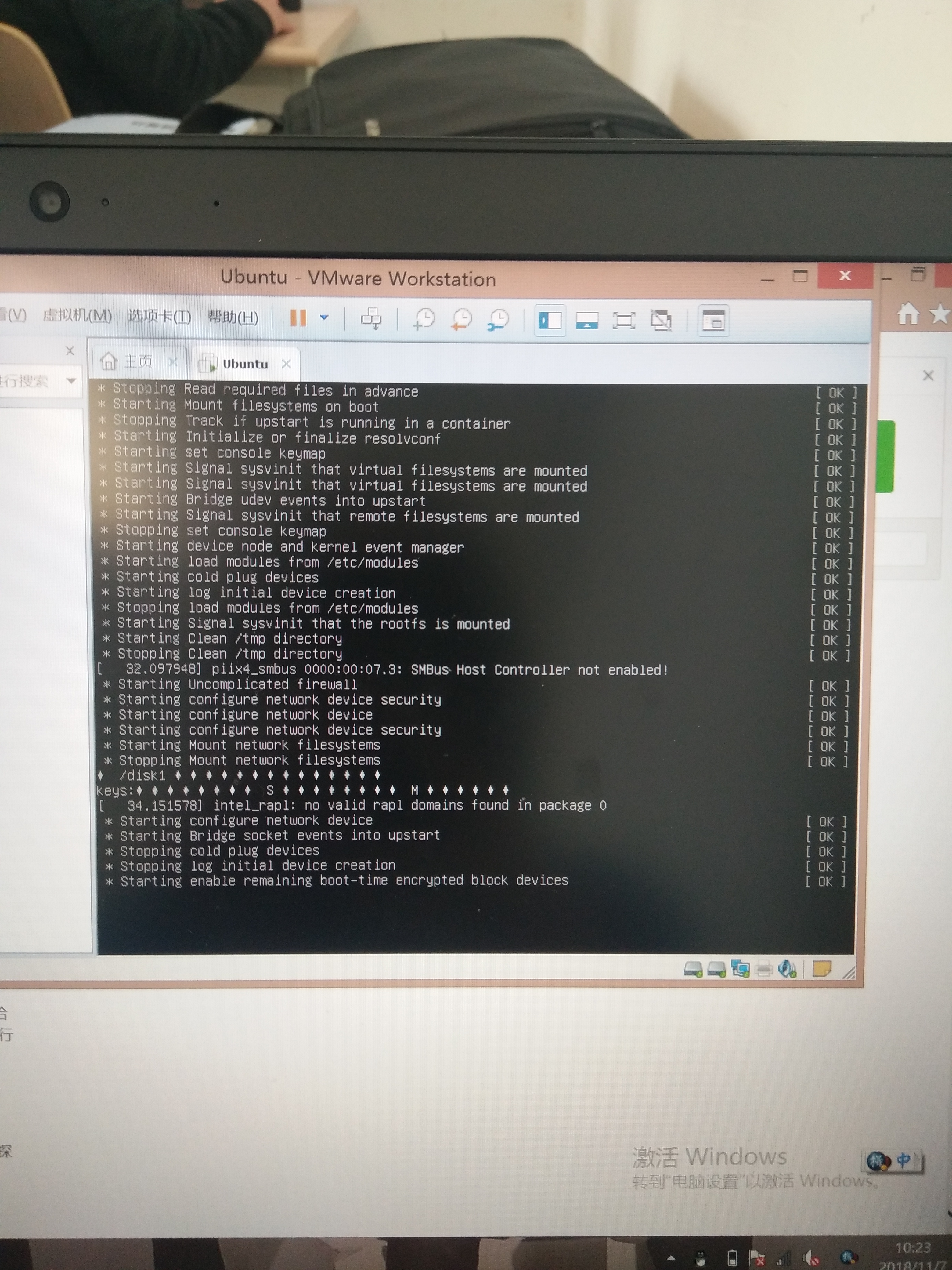可以将文章内容翻译成中文,广告屏蔽插件可能会导致该功能失效(如失效,请关闭广告屏蔽插件后再试):
问题:
I need to loop some values,
for i in $(seq $first $last)
do
does something here
done
For $first and $last, i need it to be of fixed length 5. So if the input is 1, i need to add zeros in front such that it becomes 00001. It loops till 99999 for example, but the length has to be 5.
E.g.: 00002, 00042, 00212, 012312 and so forth.
Any idea on how i can do that?
回答1:
In your specific case though it\'s probably easiest to use the -f flag to seq to get it to format the numbers as it outputs the list. For example:
for i in $(seq -f \"%05g\" 10 15)
do
echo $i
done
will produce the following output:
00010
00011
00012
00013
00014
00015
More generally, bash has printf as a built-in so you can pad output with zeroes as follows:
$ i=99
$ printf \"%05d\\n\" $i
00099
You can use the -v flag to store the output in another variable:
$ i=99
$ printf -v j \"%05d\" $i
$ echo $j
00099
Notice that printf supports a slightly different format to seq so you need to use %05d instead of %05g.
回答2:
Easier still you can just do
for i in {00001..99999}; do
echo $i
done
回答3:
If the end of sequence has maximal length of padding (for example, if you want 5 digits and command is \"seq 1 10000\"), than you can use \"-w\" flag for seq - it adds padding itself.
seq -w 1 10
produce
01
02
03
04
05
06
07
08
09
10
回答4:
use printf with \"%05d\" e.g.
printf \"%05d\" 1
回答5:
Very simple using printf
[jaypal:~/Temp] printf \"%05d\\n\" 1
00001
[jaypal:~/Temp] printf \"%05d\\n\" 2
00002
回答6:
Use awk like this:
awk -v start=1 -v end=10 \'BEGIN{for (i=start; i<=end; i++) printf(\"%05d\\n\", i)}\'
OUTPUT:
00001
00002
00003
00004
00005
00006
00007
00008
00009
00010
Update:
As pure bash alternative you can do this to get same output:
for i in {1..10}
do
printf \"%05d\\n\" $i
done
This way you can avoid using an external program seq which is NOT available on all the flavors of *nix.
回答7:
I pad output with more digits (zeros) than I need then use tail to only use the number of digits I am looking for. Notice that you have to use \'6\' in tail to get the last five digits :)
for i in $(seq 1 10)
do
RESULT=$(echo 00000$i | tail -c 6)
echo $RESULT
done
回答8:
If you want N digits, add 10^N and delete the first digit.
for (( num=100; num<=105; num++ ))
do
echo ${num:1:3}
done
Output:
01
02
03
04
05
回答9:
This will work also:
for i in {0..9}{0..9}{0..9}{0..9}
do
echo \"$i\"
done
回答10:
Other way :
zeroos=\"000\"
echo
for num in {99..105};do
echo ${zeroos:${#num}:${#zeroos}}${num}
done
So simple function to convert any number would be:
function leading_zero(){
local num=$1
local zeroos=00000
echo ${zeroos:${#num}:${#zeroos}}${num}
}




